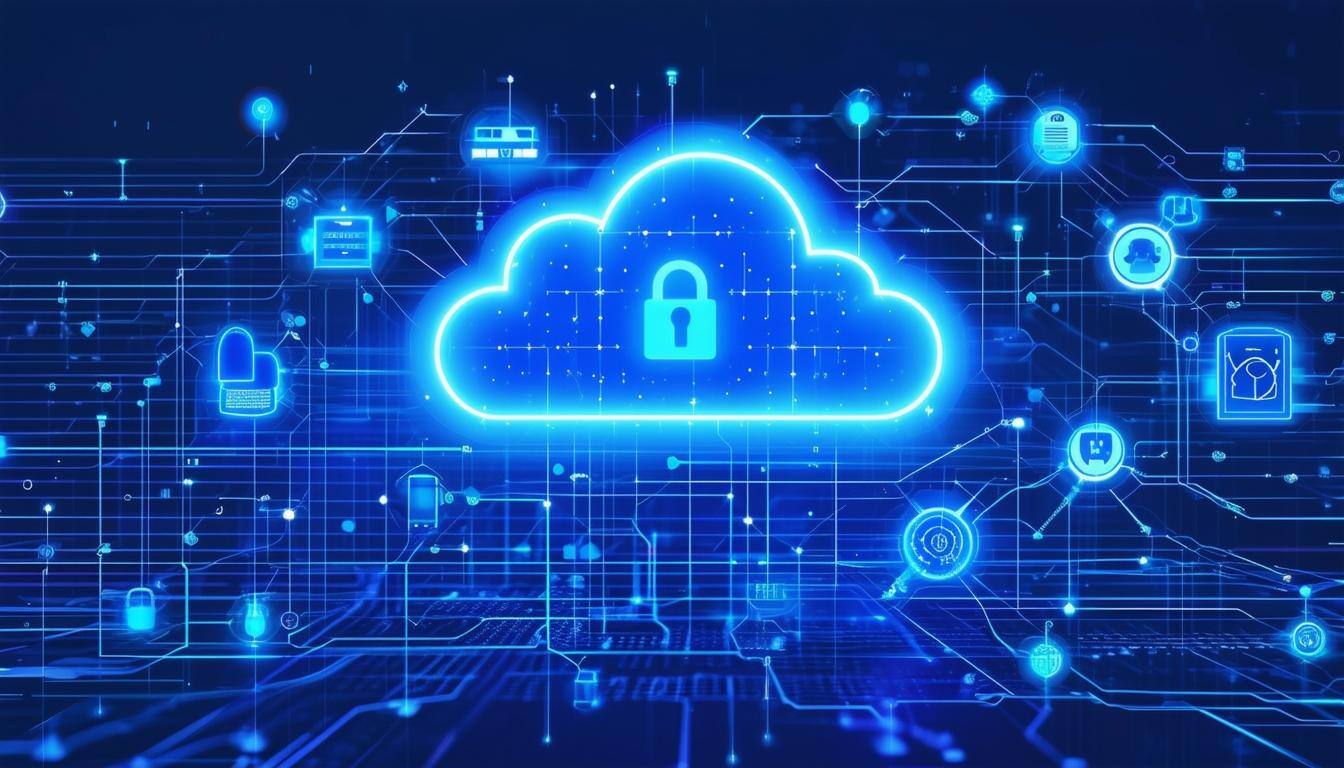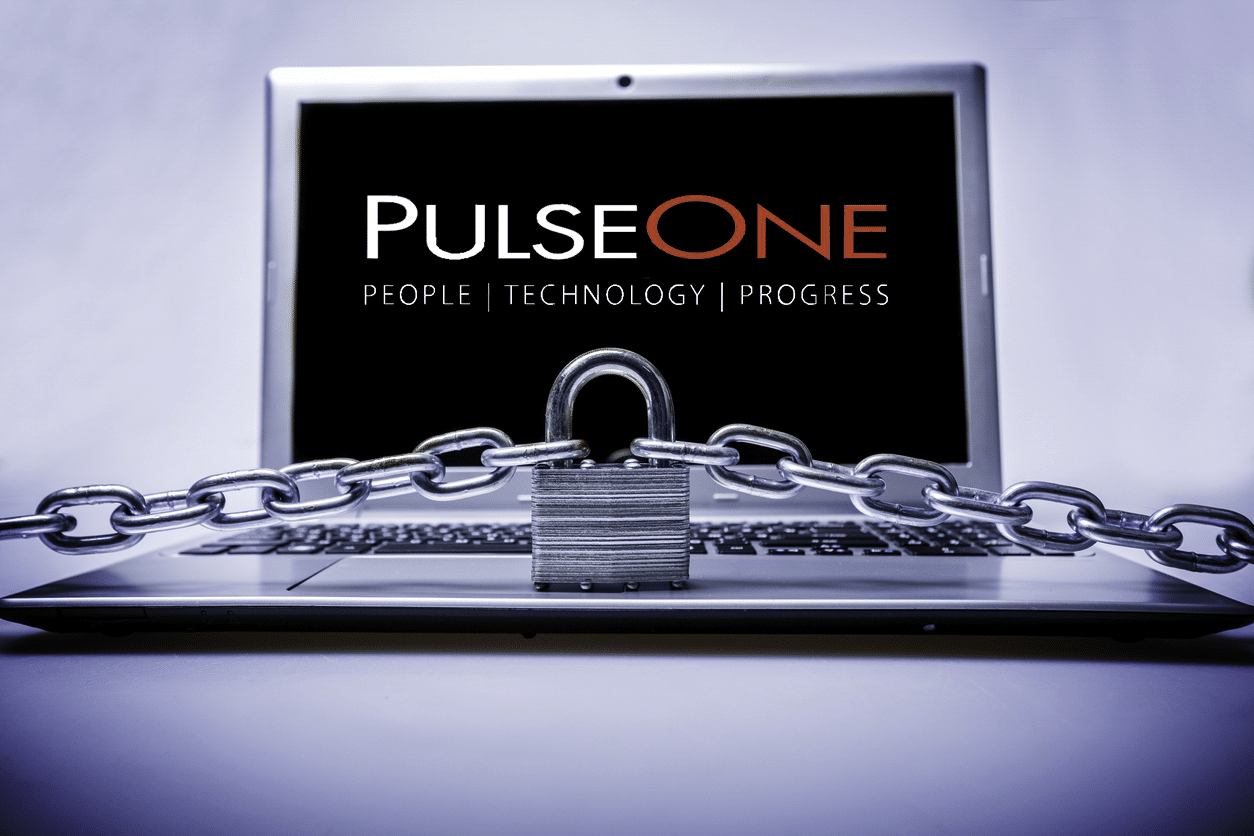The Dynamics of Cyber Security

Regardless of the size of your business, today’s digital climate involves risks. In fact, smaller and mid-sized companies are open to more threats due to lack of protection and know how. Cyber security is a critical part of managing those risks and taking the necessary steps to protect your assets. It pertains to all the IT measures needed as preventative measure against cyber risks. Cyber risk is any risk of disruption, monetary loss, or reputational damage of an organization due to an IT system failure. Before stepping into the cyber security context, one needs to come to terms with the dynamics of the digital era and the highly vulnerable virtual environment of today.
A Digital Era
Digital technologies started emerging in the mid-eighties, and prior to that, communication technologies were based on analog mode. The digital era today has not only shaped the life of the individual but has also shifted the workflow for industries of the world. Every sector and process in an organization is digitally connected to one another, and the data storage activity continues the cloud.
This need for digitalization and virtual innovation stemmed from the efforts of being more efficient, faster, and scalable. However, this information-driven world, and the Big Data revolution has also given birth to malicious actors that know how manipulate digital processes and exploit data for their advantage and your loss. In this digital age, your data is an asset and hackers have started to use data exploitation tactics as an unethical income stream.
Age of Data Exploits
Data exploits are virtual hacks which are malicious in nature. They try to leak the sensitive information that impacts your organizational or personal data assets. In com terms, a cyber-attack is a computer program that can interact with your informational assets. Once the program gains access to your confidential information, it may try to disrupt and destroy it, or it may also try to leak that information.
Goal of Cyber Security
Implementing cyber security’s main goal and objective is to protect against the exploits that could impact your data assets. It also helps protect against your network and digital assets. A hacker is someone that possesses the knowledgeable skills and expertise to carry out a data exploit. They understand the core functioning platform of all digital assets and platforms. They have also had sound knowledge over network design and architecture.
This level of insight allows them to find loopholes and weaknesses in a system, and thus, they develop a methodology that can easily exploit all weaknesses. This methodology takes shape in the form of a tool that creates an impact on your digital assets.
Cyber Threats
Targets of a data exploitations can be anything from a mobile phone, laptop, or even an organizational network. Any digital system today is vulnerable to a range of different threats. Some of the most common set of threats include malware, password attacks, DDoS attack, ransomware, phishing, social engineering attacks and more.
Malware
Malware is a malicious code in which a hacker writes to penetrate systems, make system changes, and configure changes in the system. It eventually leads to disruption in your assets. It could be your laptop, or it could also be your mobile phone.
The basic idea behind developing and creating this malware could be to bridge the system and gain access to them. Once a hacker gains access, they can either make your system unavailable or make a coverage channel to a location where they can control the system.
Ransomware is an example of a malware attack. It also applies to a phishing attack, in which a hacker deceives an individual or member of an organization by sending out a false email. This email will usually trick people into unveiling important access to credentials.
Once they find access to your data, hackers will use ransomware code to encrypt your data and make it inaccessible to you. They will then demand a certain monetary value in return for a decryption key that regains your access to valuable data.
Importance of Cyber Security
Since cyber threats and attacks can be so detrimental to your business’s network, it is best to equip your network with a thorough data protection system. Many companies develop software that protects the data and is a part of the cyber security network. Cyber security not only helps secure your information but also fights against malware attempts and viruses. Some of the most common methods of cyber security involve firewalls, antivirus, data monitoring systems and more.
It is a collective set of techniques which used to protect your network’s integrity. Both digital and physical means are utilized by enterprises to protect against unauthorized access. Cyber security also focuses on informational security, which ensures the integrity of your data and availability of your systems in the face of an attack.
How PulseOne Can Help
Having a tested and layered approach to cyber security can save you thousands of dollars in data breach costs. As the world becomes digitalized, cyber-attacks start to become vast and more sophisticated. Therefore, it is critical for businesses to prioritize cyber security. PulseOne is here to meet all your IT needs. Do you want to learn more about what preventative steps you can take to protect yourself and your business? At PulseOne, we put our insight and experience in IT management solutions to work for you. Receive enterprise-level IT support from a company that passionately works for your success. Start by contacting us.


